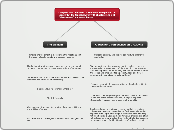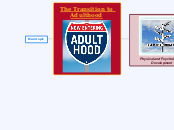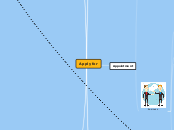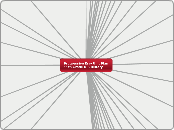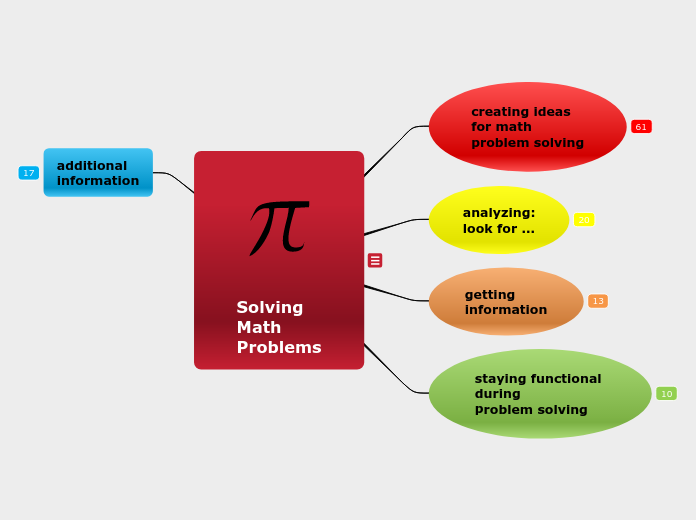Compare and Contrast: “A Teacher's Perspective on Creativity” By Janet Sawyer with chapters 1 & 2 of "The Element" By Ken Robinson
“A Teacher's Perspective on Creativity”
Schools, parents, and society can nurture children's creativity.
"We set up these nice problems and tell children there is always a right answer. We don't let them find the problems. As a consequence, as adults they don't know how to identify the issues and problems facing society, let alone how to come up with new ideas for solving them,"
Measure creativity by concentrating on the child's ability to generate lots of ideas.
"The most creative people give the most unusual responses at the end of the response series," Sawyers explains. Statistical infrequency is a measure of originality.
Teachers should be cautious in assuming that precocious children are necessarily creatively gifted, especially at the expense of failing to encourage the creative child who may not stand out as a young scholar. Creative children are often not included in programs for the gifted and talented because the measures used for identification don't reflect creativity.
It is critical to teach the teachers. It is in early childhood that the critical orientation to the process of problem solving emerges.
"Exploration and play ... are the basis for creative problem solving and lifelong learning. Creative thinking is fostered in classrooms where children are given opportunities to explore new materials and ideas, play with these materials or ideas, and construct new knowledge and skills," the text explains. For example, if the teacher tells the student how to build a truck with Legos, and the Lego kit includes wheels so even that problem is solved, there is little room for creativity.
"If we don't let young children know that having new and different ideas is okay, then we'll end up with adults who don't have new and different ideas. That is what science is finding the problems as well as their solutions. That's what invention is discovering what needs to be done, as well as devising a way to do it."
"The Element"
Finding one's element is discovering the meeting point between natural aptitude and personal passion.
The limited view of our own capacities can be compounded by peers, culture, and our own expectations of ourselves.
The element has to main features aptitude and passion. The conditions are attitude and opportunity.
I get it; I love it; I want it; Where is it
Think Differently
Challenge what we take for granted about our abilities and the abilities of others.
Ask "How are you intelligent ?" verses "How Intelligent Are You ?"
The Three Features of Human Intelligence
1. Intelligence is extraordinarily diverse.
2. Intelligence is tremendously dynamic.
3. Intelligence is entirely distincive as uninique as a fingerprint.
